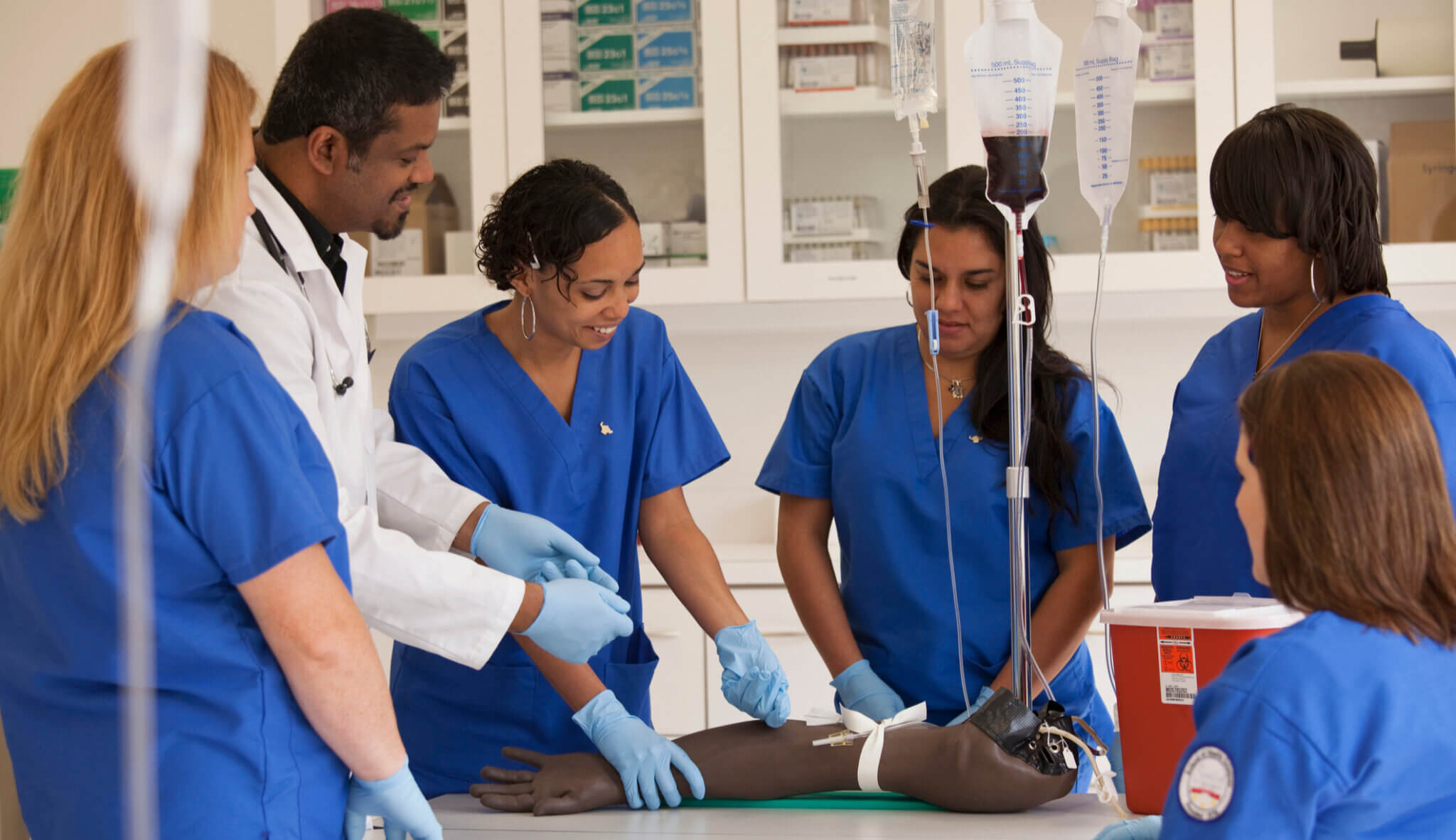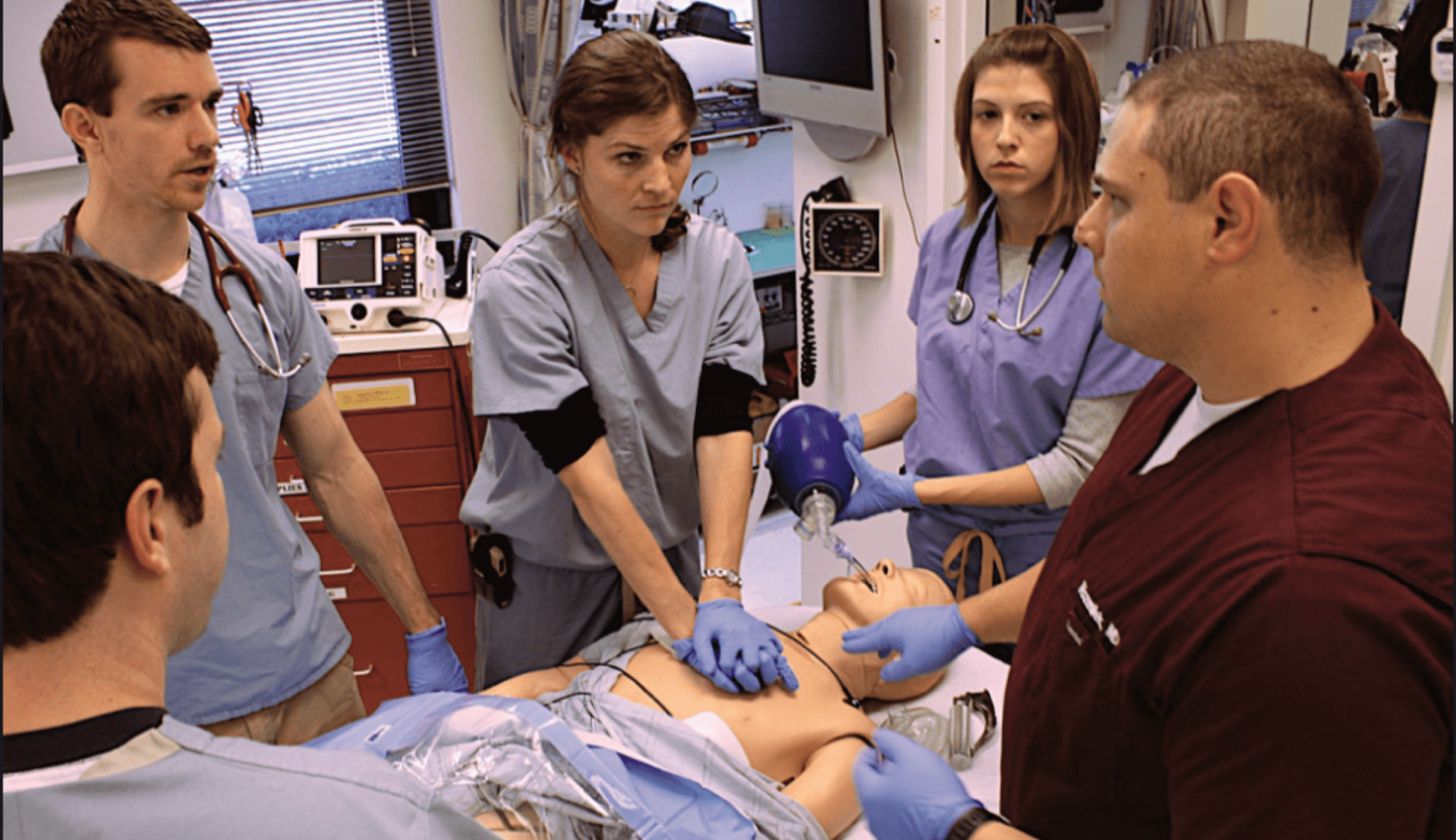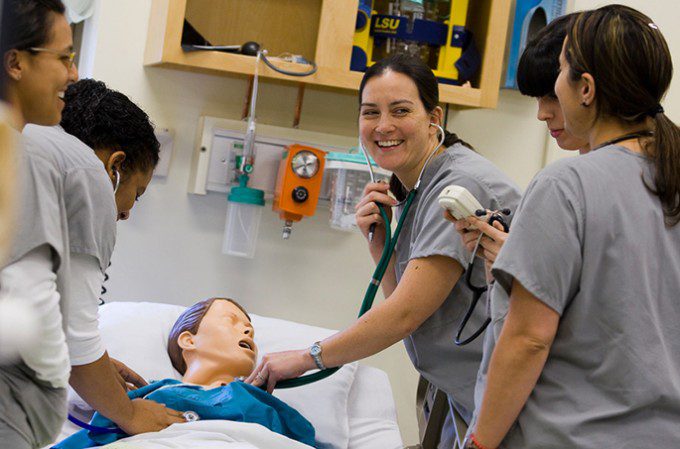Courses
Courses
The Western States Simulation Alliance is a leader in faculty development for simulation educators, having trained over 2,500 simulation faculty. WSSA courses have an interprofessional focus and are designed for all levels.
If you are interested in the WSSA coming to your school or hospital, contact KT Waxman at kt@healthimpact.org
Contact Alexandra Duke at (424) 422-5903 or alexandra@healthimpact.org with questions.
New to WSSA Courses? Start Here.
The WSSA recommends if you are a novice simulationist that you take the following free course prior to enrolling in our courses:
“Essentials in Clinical Simulations Across Health Professions”LINK: https://www.coursera.org/learn/clinicalsimulations
About Our Partner, The Debriefing Academy
We partner with The Debriefing Academy for the delivery of our Debriefing courses. WSSA members receive a discount.
Interested in more courses from The Debriefing Academy?
Click HERE to see details for the Academy Archive offerings
Refund Policy. Please Read.
Courses may be cancelled by WSSA prior to the first day of class due to a variety of situations. Notice will be given as far in advance as possible. In cases where WSSA cancels a course, a full refund will be given back to the payor.
Participants may also cancel their registration prior to the start of the class and request a refund for courses they have paid for. Refunds will be processed in accordance with the following schedule:
- Cancellation 14 days prior to the first day of class: 100% of the course fee will be refunded minus a $10 administrative fee
- Cancellation fewer than 14 days before the first day of class or a no-show: No refund will be given.
By registering for WSSA courses, you agree to our refund policy.
Following principles of adult learning, all courses are interactive and immersive in nature and support transition of the learner from novice to expert. The WSSA courses are preparatory for the Certification as Healthcare Simulation Educator (CHSE) endorsed by the Society for Simulation in Healthcare.
Below is a list of our courses, organized by where our students are in their simulation learning journey. You’ll find course descriptions, upcoming dates, and registration links.
Just starting out:

LEVEL I Beginner Simulation Training
(no experience necessary)
No currently scheduled courses.

Basic Debriefing
No currently scheduled courses.

Simulation Operations Specialist
No currently scheduled courses.
Getting the hang of it:

Simulation Intensive Beginner/Intermediate
No currently scheduled courses.

Advanced Debriefing with Implicit Bias
No currently scheduled courses.

From Awareness to Action: Designing Simulations to Challenge Implicit Bias
No currently scheduled courses.
Top of your game:

Building the Business Case for Simulation: Demonstrating ROI and Impact
No currently scheduled courses.

Beyond the Manikin: Integrating Standardized Participants for Realism and Impact
No currently scheduled courses.

Smart Scenarios: Designing Next-Gen Simulation with AI
No currently scheduled courses.

The Master Debriefer Course
Wednesdays: October 15, 22, 29 and November 5, 12, 19, 26, 2025
9:00 am – 11:30 am Pacific / 12:00 pm – 2:30 pm Eastern Time
Cost: $1750 / 13 CEs / WSSA Members receive a 15% discount / CODE: CSA15
REGISTER HERE

Accreditation Essentials for Simulation Programs
No currently scheduled courses.

